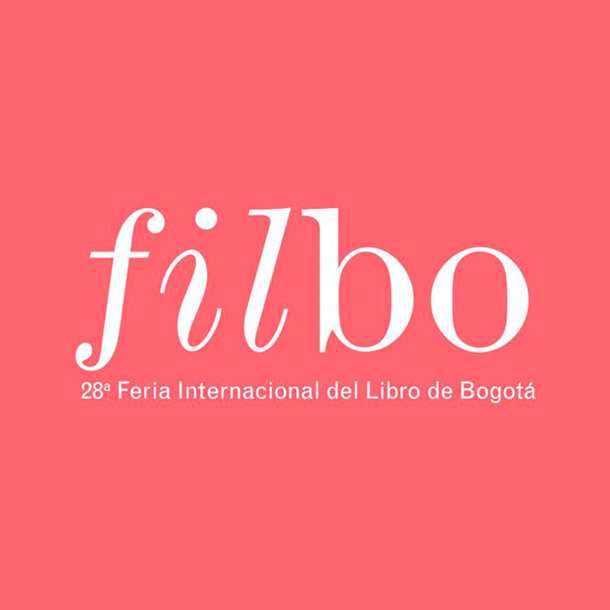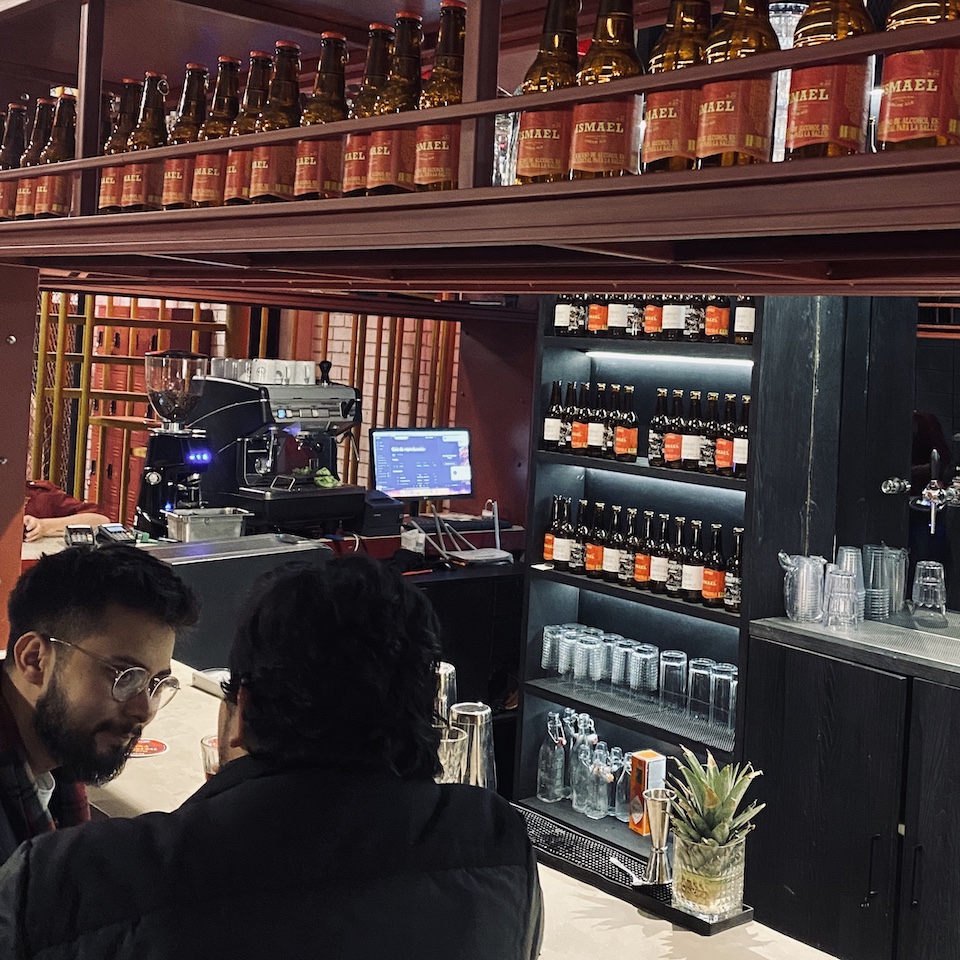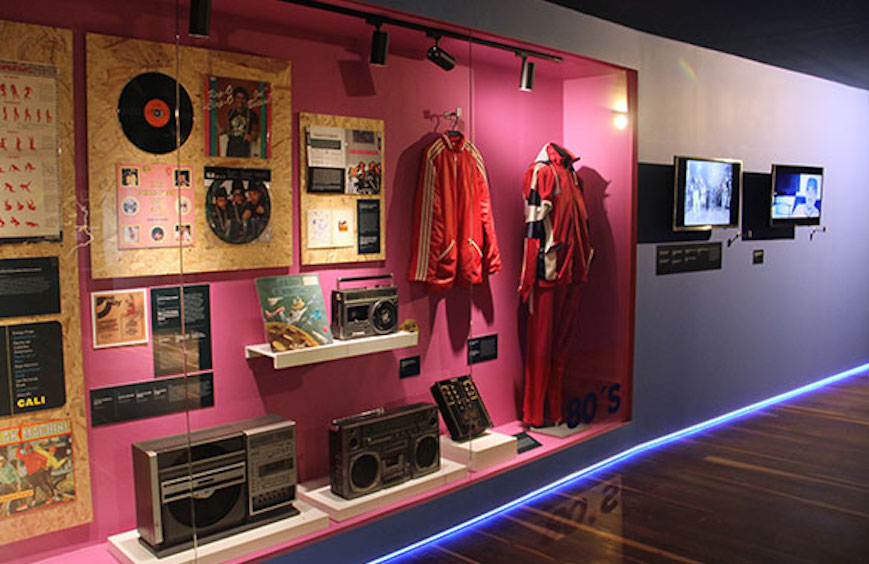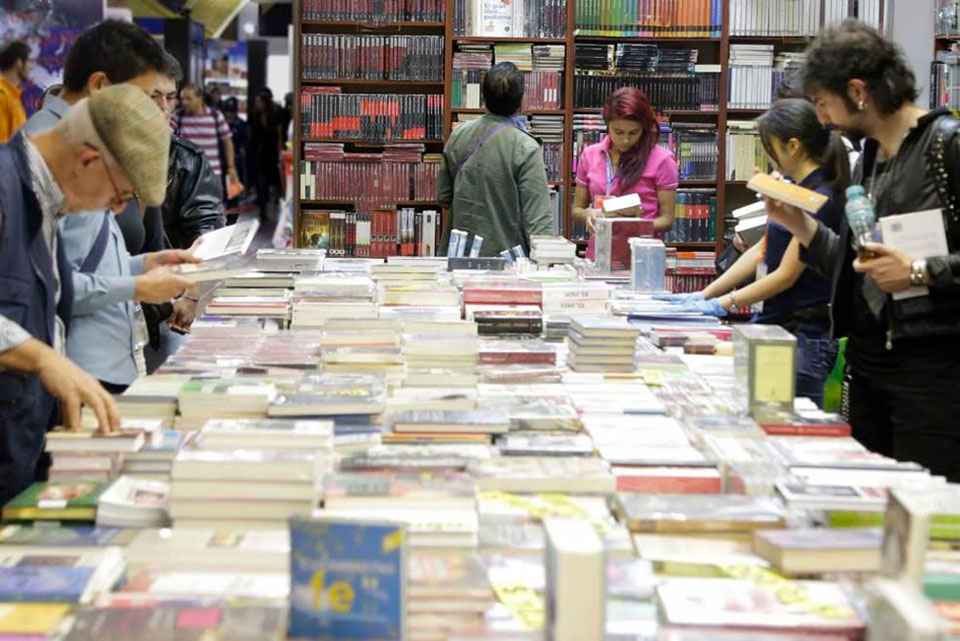
Photo: FILBo 2016
Patricia Lara addresses the crowd in Corferias about journalism, conflict and her new book ‘El rastro de tu padre’
A much anticipated presence at FILBo 2016, Patricia Lara Salive is held in exceptionally high regard by Colombia’s journalistic community. Over a distinguished career spanning more than forty years – and with articles published by a wide spectrum of publications – she has become a leading reporter on the armed conflict that has tainted Colombia’s global reputation since the 1960s; a topic with which she says she is “obsessed”.
Currently a columnist for El Espectador, Lara has dedicated her entire career to understanding her country’s struggle with violence, and the mentality that has lead to what she terms a “cyclic history”. She has travelled the world reporting on the situation in Colombia, and was even deported from the United States in 1986 while working for El Tiempo; forced out of the country by a remnant of the McCarthyist hysteria that characterised the US government’s paranoid struggle against Cold War communism.
The nature of her professional interests is no surprise given her personal connection to the conflict. Her father, Rómulo Lara, a distinguished and vastly wealthy businessman, was kidnapped and murdered by guerrilla fighters in the early 1970s. Her uncle, too, was killed.
Lara’s two best-known novels, ‘Las mujeres en la guerra’ (2000) and ‘Amor enemigo’ (2005) both tell stories of those afflicted by violence in Colombia, and notably the role that women have played in the conflict. She was clear that she “absolutely agrees” with the peace process currently underway in Havana and says that women, who she believes have made up the majority of the conflict’s victims, can become the protagonists of the post-conflict period.
Lara’s most recent novel – the critically-acclaimed ‘El rastro de tu padre’ (The trace of your father) – marks a significant departure from the conflict-orientated themes she has often dealt with.
The book features a woman, who is desperate to have a child. After a married professor with whom she has an affair finds it impossible to fully commit to her, she decides to undergo IVF treatment using a donor from a New York sperm bank. The child grows up wanting to meet her father, leading to a series of difficulties for both mother and daughter. Lara says she was drawn to the idea of sperm banks by the ethics of choosing a ‘designer baby’ through the selection of characteristics from a father.
Although nominally at FILBo to publicise her latest novel, Lara’s talk – and the questions that followed – focussed largely on her career in the media. When asked about the role of journalism in post-conflict Colombia, she was critical of the amount of opinion that the national press generates, saying that she would rather see greater in-depth reporting of the news.
Her outlook for Colombia is positive, and she is quick to represent the terrorism on which she reported early in her career as something that is “unthinkable” in much of present day Colombia.
By John Bartlett





